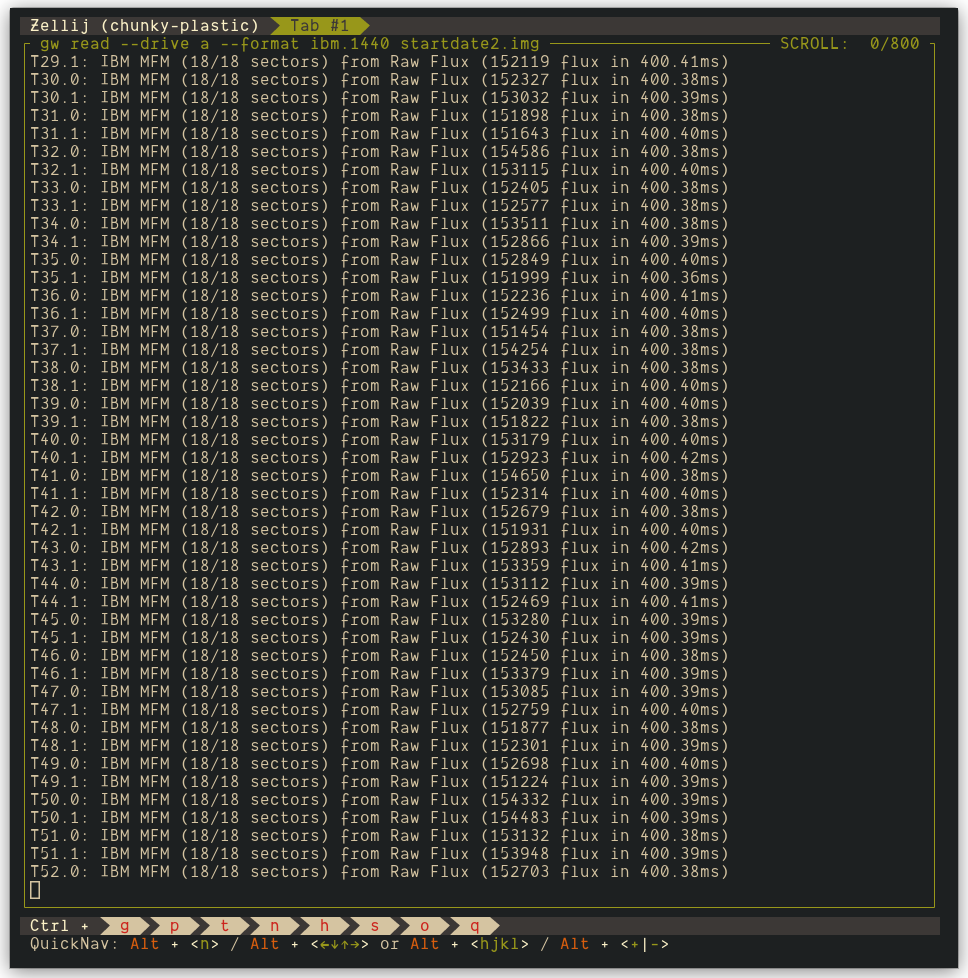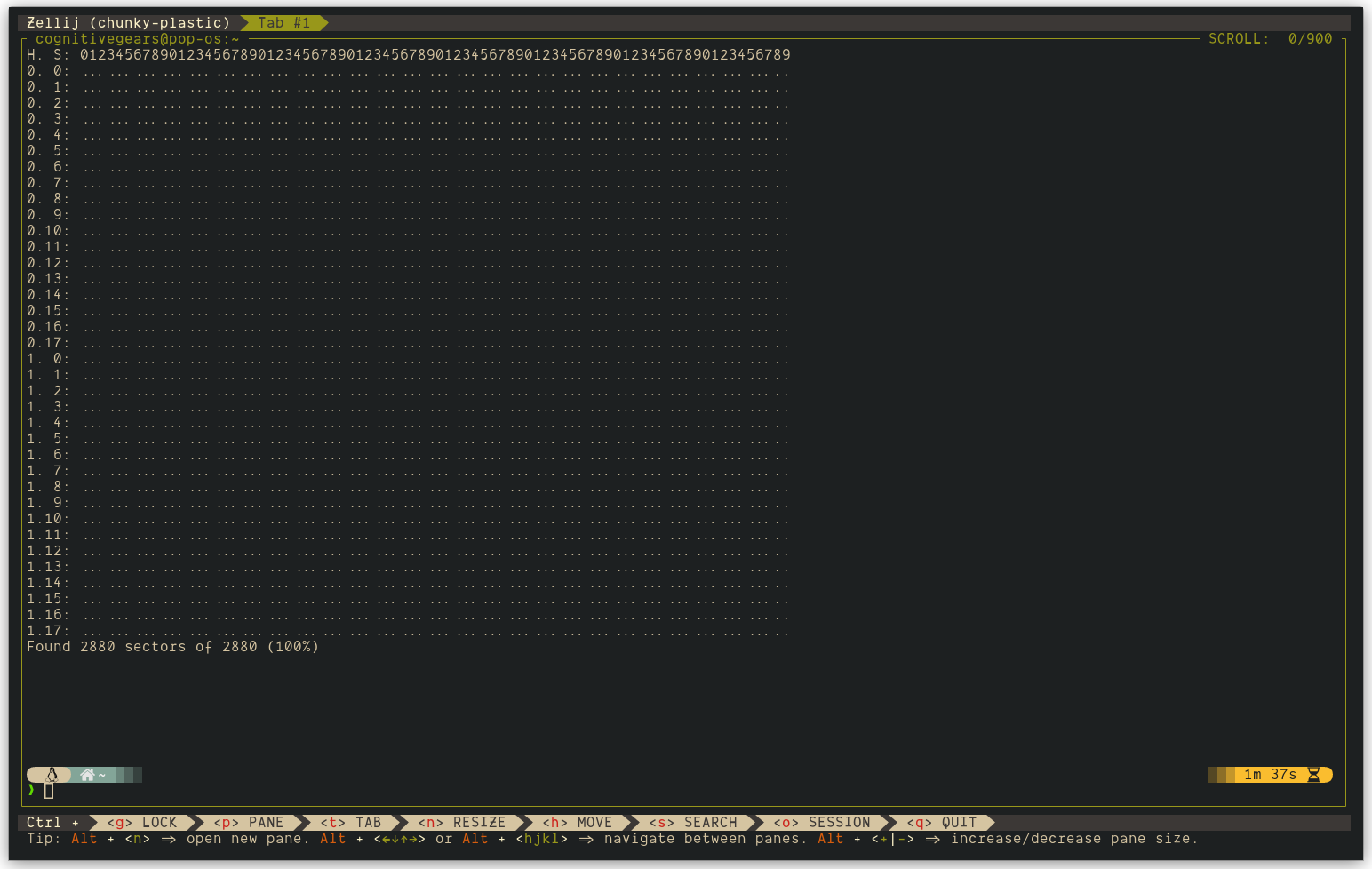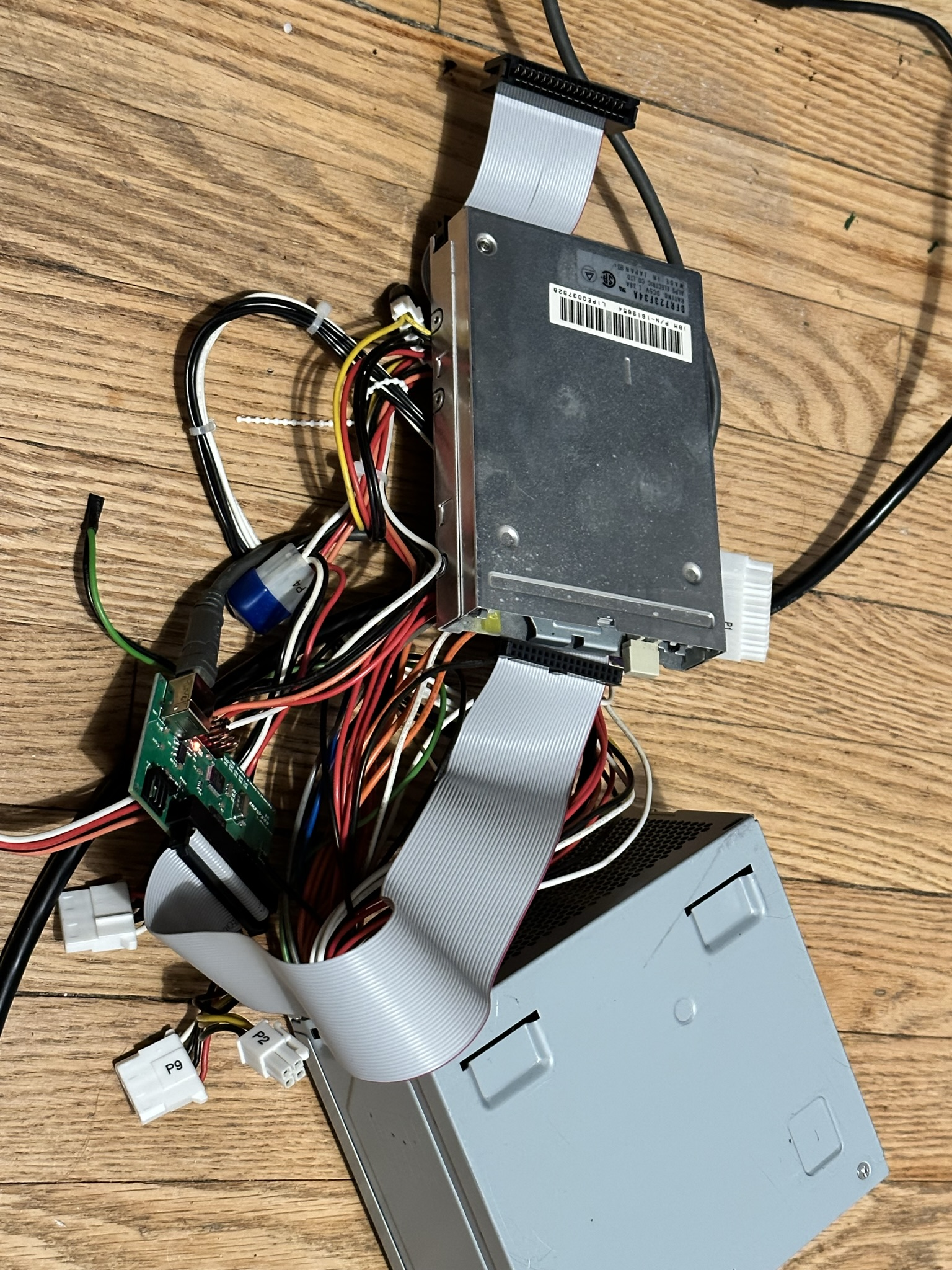Yeah it makes sense - and even now that isn’t an issue, I feel like the ability to “program” your edits is still a great interface for productivity.
This is a great question with no definitive answer 🙂 There are a number of ways of looking at it, though the ultimate answer is whatever each person considers retro. A few general ways to look at it include:
-
whatever was around when you were a kid. Of course, this depends wildly on who you are asking - for me this would include the Tandy Color Computer / Commodore 64 era through 486 PCs (or so.) For other people this could be a little older or much newer of course.
-
Some fixed definition like (anything before the year 2000 or no PCs etc.) I’m not a huge fan of this personally as it leaves some people out.
-
Any computer old enough that a single person could fully understand it’s workings and diagnose/repair problems etc. This generally includes 8 and some 16 bit systems. I’ve increasingly come to prefer this view because beyond nostalgia it also helps define something that I believe is a significant benefit to these systems.
Fantastic stuff. Unfortunately I don’t know enough to help but you may want to try to catch up with Inverse Phase: https://www.inversephase.com
He is a super nice person and is more knowledgeable about that sort of thing than anyone I’ve met. I’ve run into him a couple of times a VCF Midwest and always learn something new.
It’s a lot easier to get into then it used to be! Most BBS systems support connecting over the internet using the telnet protocol. Some of them you can connect to right off their web page.
You can find everything you need over at the telnet bbs guide:
https://www.telnetbbsguide.com
There are BBS listings there, as well as a handy guide:
That does look like a happy Mac! I used to help support machines a lot like this for the teachers at my high school, kept me from having to do as much school work lol.
It's funny, I thought that would be a quick google search away, but I wasn't able to find anything about that either. Unfortunately my Gotek is setup on a Compaq Portable 1 and I can't use anything other than 360k floppies with it anyway, so I can't test it out either. I would expect that it should "just work", but can't tell you for sure.
However, besides just trying it out or if anyone else knows, a couple of other things that might help you:
Dual drive support with a single Gotek (very much a WIP, but looks like it's partially done): https://kivijakola.fi/projektit/2023/02/26/gotek-flashdisk-dual-drive-support/
Making a DOS image from Linux: https://askubuntu.com/questions/484308/create-floppy-images - my thought here is that you could make a dos 1.44mb image, mount it and a smaller 360k or whatever image, and then copy the contents to the larger 1.44mb image. You should be able to do something similar in Windows with software such as PowerISO etc.
Finally, if nobody else has a solution before then please update us when you try it out, this would be great to know.
Wow I wish I would have known about this in time to order the hardcover, that looks like a beautiful book. I've grabbed the electronic version, but I really hope there will be a reprint as well.
DriveWire is still very much a thing - the original hasn’t been updated in quite some time, but the new software to do this is called pyDriveWire:
https://github.com/n6il/pyDriveWire
You need a cable to connect between the coco and the computer:
https://www.cocopedia.com/wiki/index.php/How_to_build_a_DriveWire_serial_cable
http://colorcomputer.net/serialcable.php
I’ve found them for sale every now and then as well, though they are pretty easy to make too.
You’ll also need to load a Drivewire capable DOS (like HDB-DOS.) You can get a cartridge that does it or even load it from tape / audio.
Once you get it going though Drivewire (or pydrivewire) has a ton of features and is a lot of fun to play with.
Let me know if you have any questions or problems.
Gotta mention AGD Interactive and the free Sierra games remakes with many improvements!
I’m really far from there unfortunately but that is definitely on the list of places I’d like to visit next time I’m in California. All of those sound amazing to see!




I remember that well. We used DESQView to run our BBS as well. It was only a single line system, but DESQView let us do other things on the computer without taking down the board.
Has anyone played with TriDOS? https://github.com/prokushev/tridos - it doesn’t look nearly as featured, but has the advantage of being open-source and I thought might be interesting for a project I have in mind.